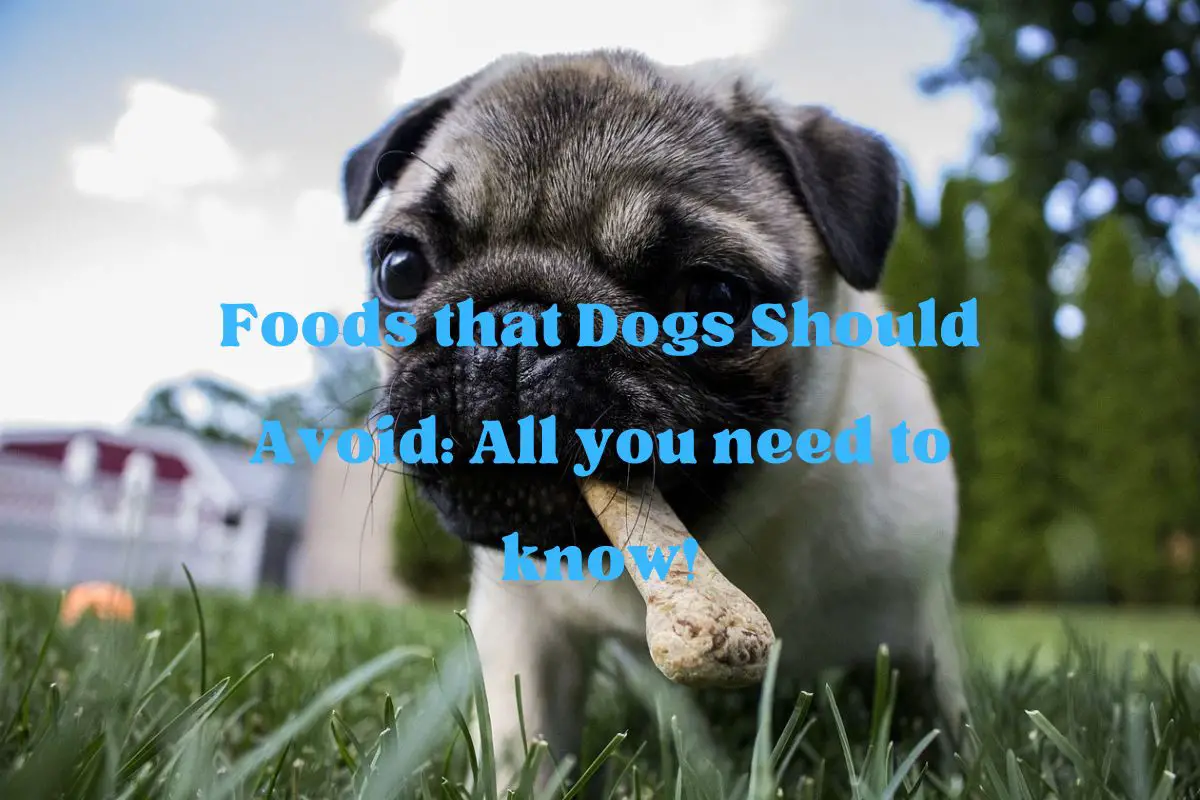Understanding which foods are safe and which could be harmful to your dog is crucial for maintaining your furry friend’s health. While some human foods can offer nutritional benefits to dogs, others can be outright dangerous, leading to a variety of health issues or even posing a risk to their life.
Hazardous Foods You Should Never Feed Your Dog
Protect your pup from these common household foods to prevent poisoning and potential health crises:
- Alcoholic Beverages – Can cause intoxication, coma, or death.
- Fruit Seeds and Pits (Apples, Apricots, Cherries, Plums) – Contains cyanide, harmful in large quantities.
- Avocado – Contains persin, causing vomiting and diarrhea.
- Excessive Broccoli – Can be harmful in large doses due to isothiocyanates.
- Caffeinated Products – Can lead to arrhythmias and seizures.
- Fatty Foods (e.g., chicken skin, ham) – May trigger pancreatitis.
- Chocolate – Contains theobromine and caffeine, toxic to dogs.
- Grapes and Raisins – Known to cause kidney failure.
- Nuts (Macadamia, Almonds, Pistachios) – Can cause toxic reactions and gastrointestinal distress.
- Dairy Products – Many dogs are lactose intolerant.
- Mushrooms – Can contain toxins that may cause severe health issues.
- Nutmeg and Cinnamon – Can cause health problems like liver damage and low blood sugar.
- Allium Plants (Onions, Garlic) – Damage red blood cells, causing anemia.
- Salt – Excessive amounts can lead to sodium ion poisoning.
- Spicy Foods – Can cause stomach upset.
- Xylitol (found in sugar-free gum and candy) – Leads to a rapid insulin release which can cause liver failure.
- Unripe Tomatoes and Raw Potatoes – Contain solanine, a toxic alkaloid.
- Tobacco – Nicotine poisoning can be fatal.
- Yeast Dough – Expands in the stomach, potentially causing blockages or toxic alcohol buildup.
- Raw or Undercooked Meat – Risk of pathogens like Salmonella or E. coli.
Safe Foods Your Dog Can Enjoy
Here are some foods that are generally safe and can even be healthy for your dog:
- Selected Fruits (Apples, Oranges, Bananas) – Without seeds or pits, these can be nutritious treats.
- Berries (Blueberries, Blackberries) – Packed with antioxidants.
- Melons and More (Cantaloupe, Mango, Watermelon) – Great for hydration and vitamins, without seeds.
- Vegetables (Carrots, Cucumber, Celery) – Low-calorie and crunchy, good for dental health.
- Cheese – In moderation, and opting for low-fat options for lactose-tolerant dogs.
- Cooked Eggs – Offer a high protein snack.
- Nuts (Peanuts, Cashews) – In moderation, unsalted and not as a regular part of their diet.
- Seafood (Shrimp, Fish) – Cooked, plain, and boneless is a good source of protein.
- Lean Meats (Turkey) – Skinless, boneless, and plain cooked.
- Grains and Legumes (Quinoa, Wheat) – In moderation, can be part of a balanced diet.
- Green Beans – Safe and healthy, can be given raw or steamed, without additives.
- Coconut – In small quantities; avoid the husk.
- Honey – Contains vitamins and minerals, use sparingly due to high sugar content.
Conclusion
While many human foods are safe for dogs, being cautious and informed about the potential dangers of certain foods is imperative. Always introduce new foods in small amounts to monitor for any adverse reactions and consult with your veterinarian if you’re unsure about feeding your dog any new food items. By sticking to a dog-appropriate diet and using human foods as occasional treats, you can enjoy sharing your life with a healthy and happy pup.

